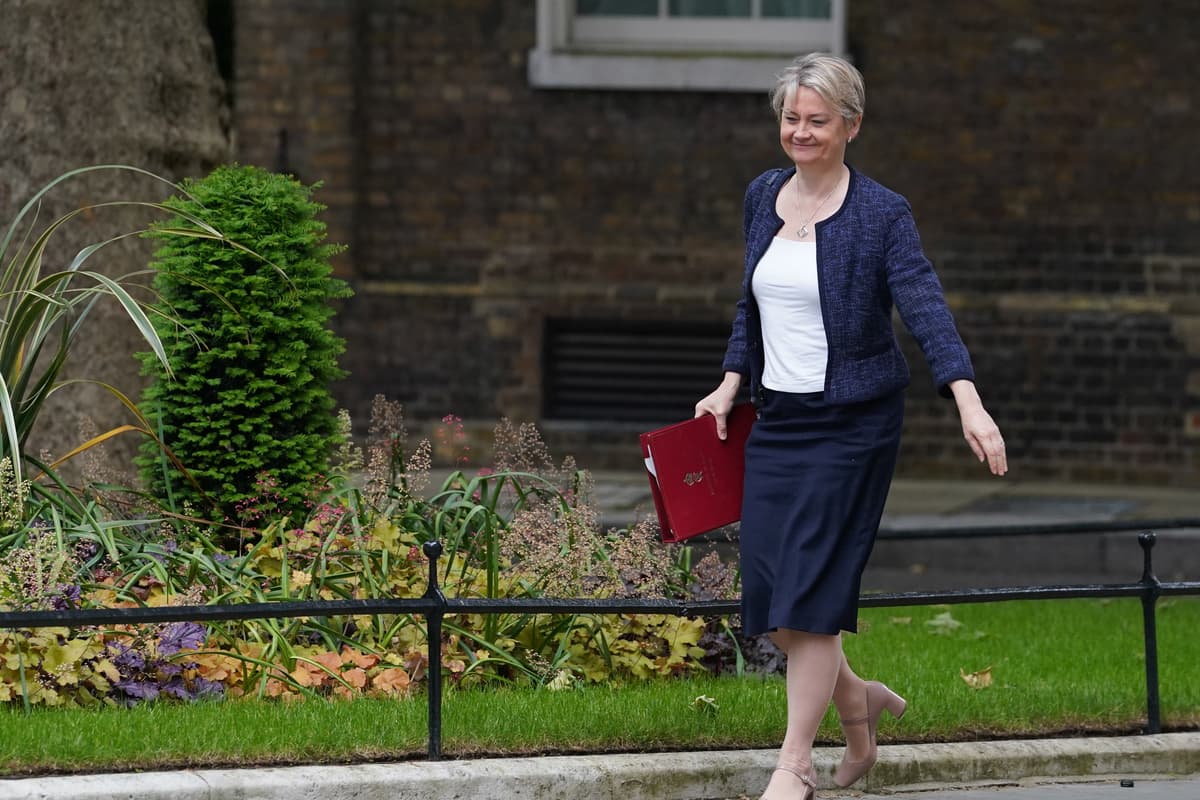A national inquiry is set to be held into one of the most violent days of the year-long miners’ strike in the 1980s.
The incident, which became known as the Battle of Orgreave, involved miners from across Britain converging on the plant to try to disrupt deliveries, but they were met with force by thousands of police officers which turned into bloody clashes.
Here is all we know about what happened and what will happen next?
What was the Battle of Ogreave?
Violent scenes kicked off during a strike after job losses in the mines had been announced.
The National Coal Board announced in March 1984 that it was shutting 20 UK collieries it said were unprofitable and would in turn lead to the loss of at least 20,000 jobs – leaving large swathes of the north unemployed.
The clashes in June began when striking miners decided to take physical action. They wanted to stop lorries carrying coke – an industrial product used mainly in iron ore smelting – to fuel the Scunthorpe steel furnaces as they thought disrupting production would help win their fight against the closures and job losses.
But fights kicked off as police were waiting. More than 100 angry workers and police officers were left injured at the coking plant in what is considered the most violent industrial action the country has ever seen.
At the time, 95 men were arrested and faced trial on riot and unlawful assembly charges but the cases all collapsed when they got to court, amid allegations that the force in question – South Yorkshire Police – had falsified evidence.
What will the inquiry cover?
Many of those involved have said that even 40 years on, they want answers about what happened and why.
She said even though miners who were involved gave “forceful accounts” about its lasting impact on them, “ultimately there were no deaths or wrongful convictions”.
Now the government position has changed.
Home Secretary Yvette Cooper, who announced the inquiry this week, said those affected by the confrontation had been left with “unanswered questions for over 40 years” and deserved answers order to move forward.
She said the inquiry had been put “in our Labour manifesto last year and that’s what we’re now delivering”.
The inquiry is set to be chaired by the Bishop of Sheffield, the Rt Rev Dr Pete Wilcox, and will look at both the events of the day and the aftermath.
This will include looking at the impact of the failed criminal prosecutions of the 95 miners and what Ms Cooper described as the “discredited evidence” against them.
What has been said about the inquiry?
The Rt Rev Wilcox, who will oversee events, said he did not “underestimate the weight of expectation or the significance of the task” ahead of him.
He said: “I look forward to engaging with stakeholders in the coming weeks over the draft terms of reference, and to working with the government to identify experts to support me on the independent panel.
“I expect the panel to begin its work in the autumn, and we will endeavour to deliver an inquiry which is thorough and fair, and which will uncover what happened at Orgreave as swiftly as possible.”
Following the announcement of the inquiry, Mr Rollin said he and other members of the Truth and Justice Campaign are determined to finally “get to the truth”.
He said: “It’s been a long slog these last 13 years and we can’t quite believe it.
“We want all the people who live around the country in mining communities that have been so badly treated to have a smile on their faces.”
South Yorkshire’s Mayor Oliver Coppard said the announcement of the inquiry was a “landmark moment for justice and accountability”, adding: “We owe it to the miners, their families, and our communities to ensure that the events of Orgreave are finally understood.”
South Yorkshire Police has said it will “fully cooperate with the inquiry in a bid to help those affected find answers”.
